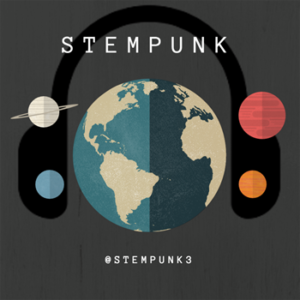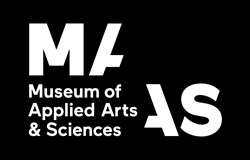When: Tuesday 13th November, 2:00pm – 3:30pm
Where: Theatre, Level 2 down the stairs to the right of the registration/foyer area
Hashtag: #T8
When we look around, science communication is everywhere. You see it in museums, in television documentaries, in newspapers, on the radio, in science magazines, social media and the growth in citizen science. But how do we know whether any given effort in communicating science among public audiences is effective? And by which aims and objectives are those efforts measured?
This session will feature research case studies exploring knowledge, beliefs and perceptions and provide insights to improve science communication practice and impact evaluation.
The session is structured into five 15-minute talks and will wrap-up with a 15-minute Q&A for delegates questions and comments.
The session will include the following talks:
- I’ll see it when I believe it: motivated numeracy in Australians’ perceptions of climate change risk – Matt Nurse and Will Grant
- Unlocking curious minds: Promoting climate change knowledge and efficacy beliefs among students from lower decile schools – Jagadish Thaker and Daniel Rimmer
- Community Perceptions of Coastal Hazards in New South Wales – Anna Attard and Robert Brander
- A sea of deficit: The science communication landscape in Australia – Isabelle Kingsley and Dr Carol Oliver
- Comparing science communication models with a long-term participatory case study: The Climate Champion Program – Jenni Metcalfe
Session Producer
Isabelle Kingsley, PhD candidate, Science Communication, University of New South Wales
Session Chair
Dr Carol Oliver, Senior Research Fellow, University of New South Wales
